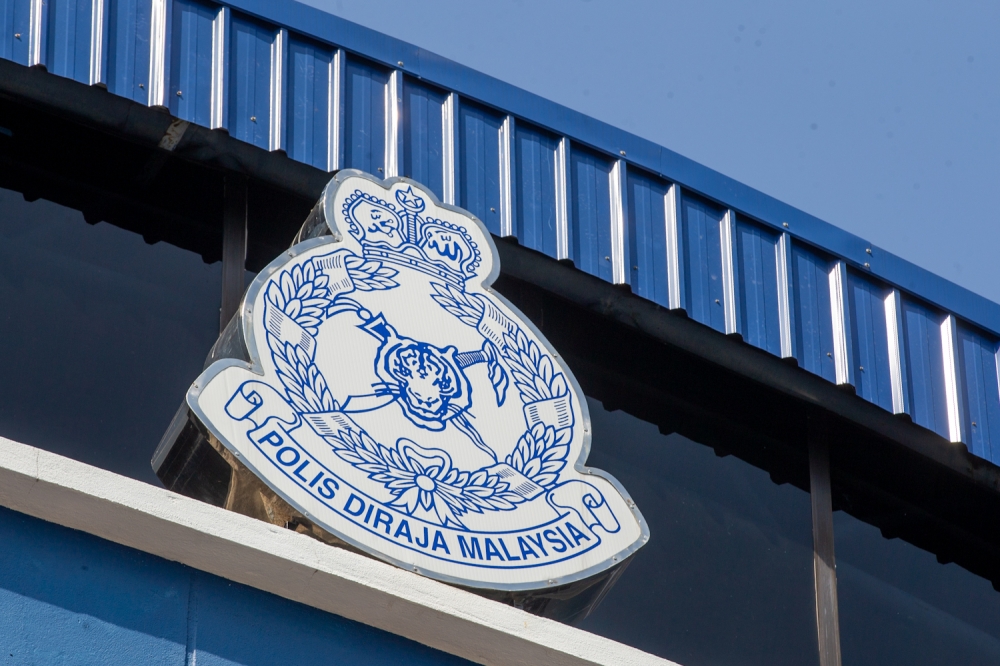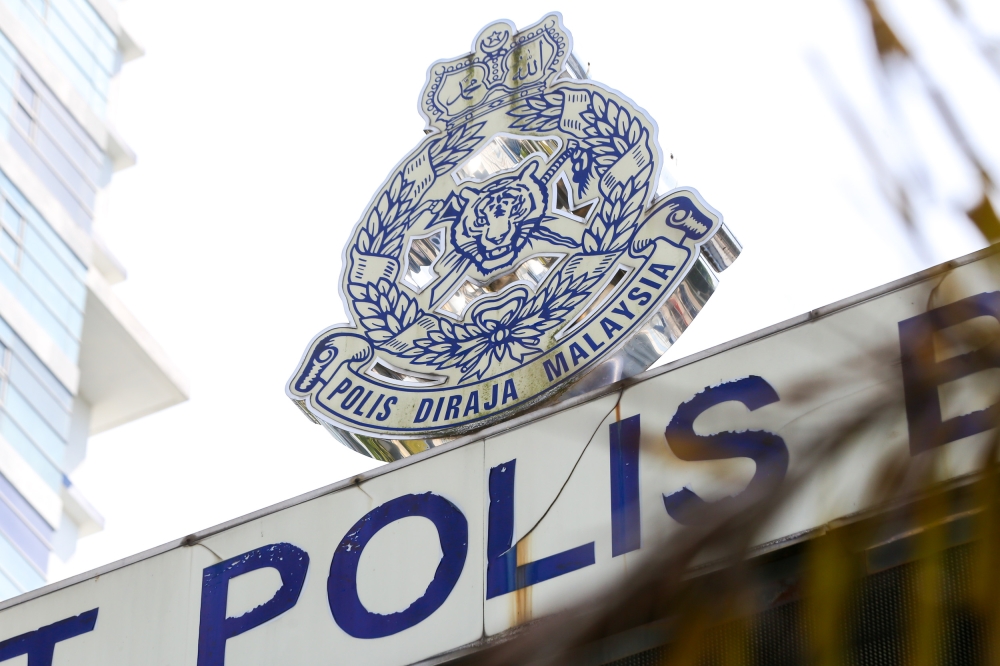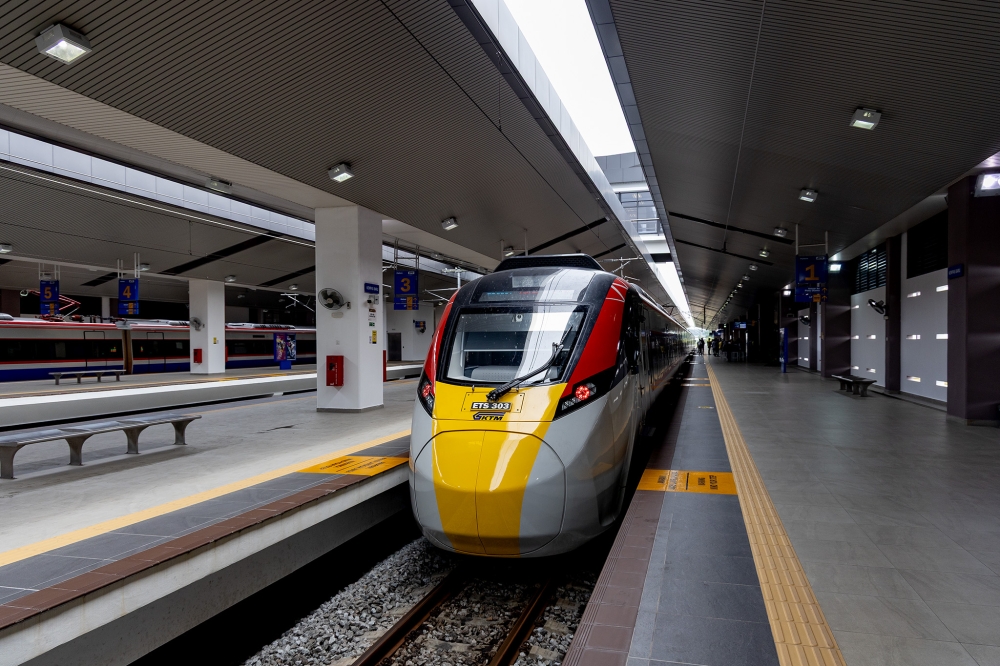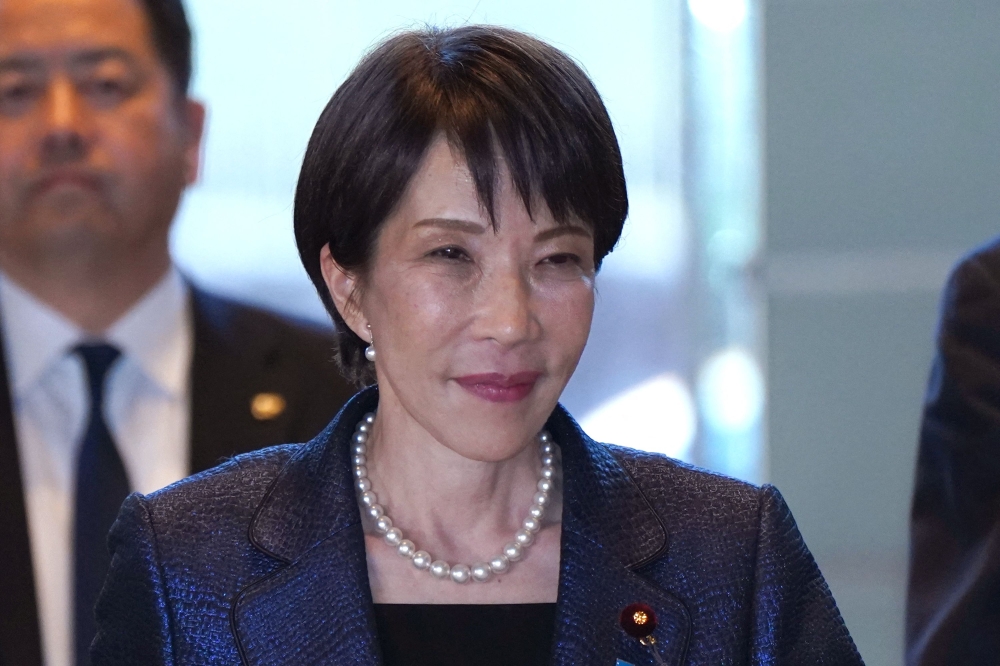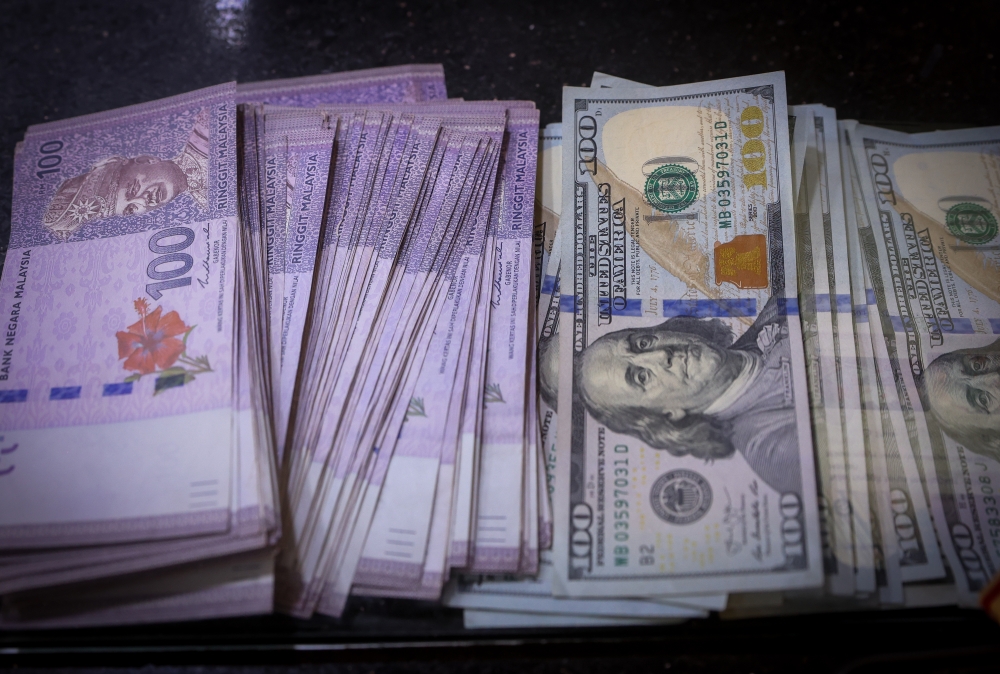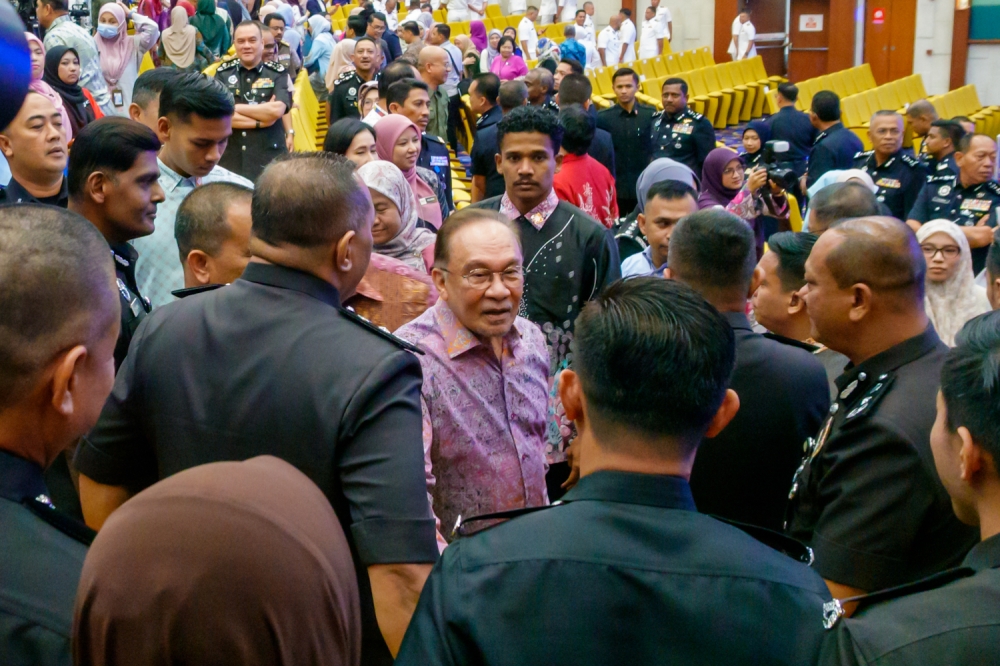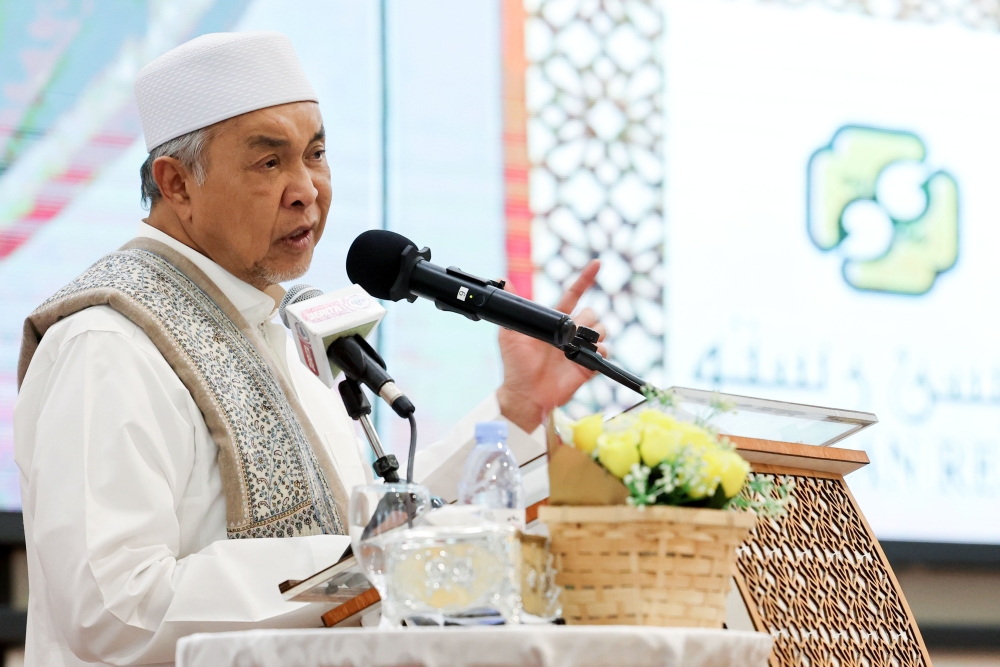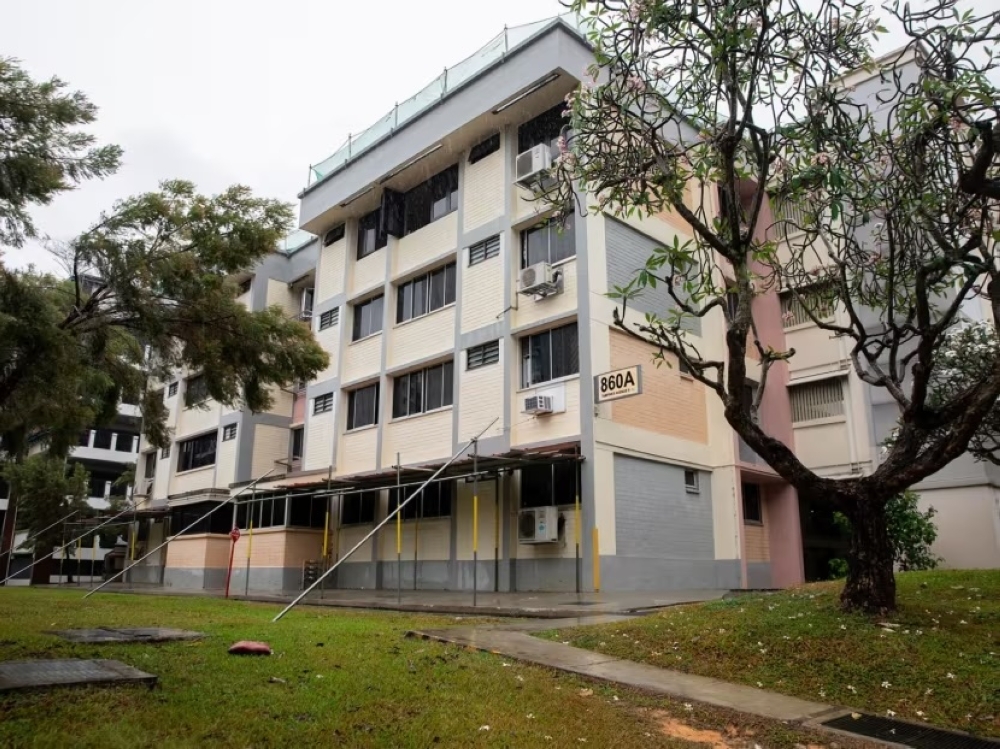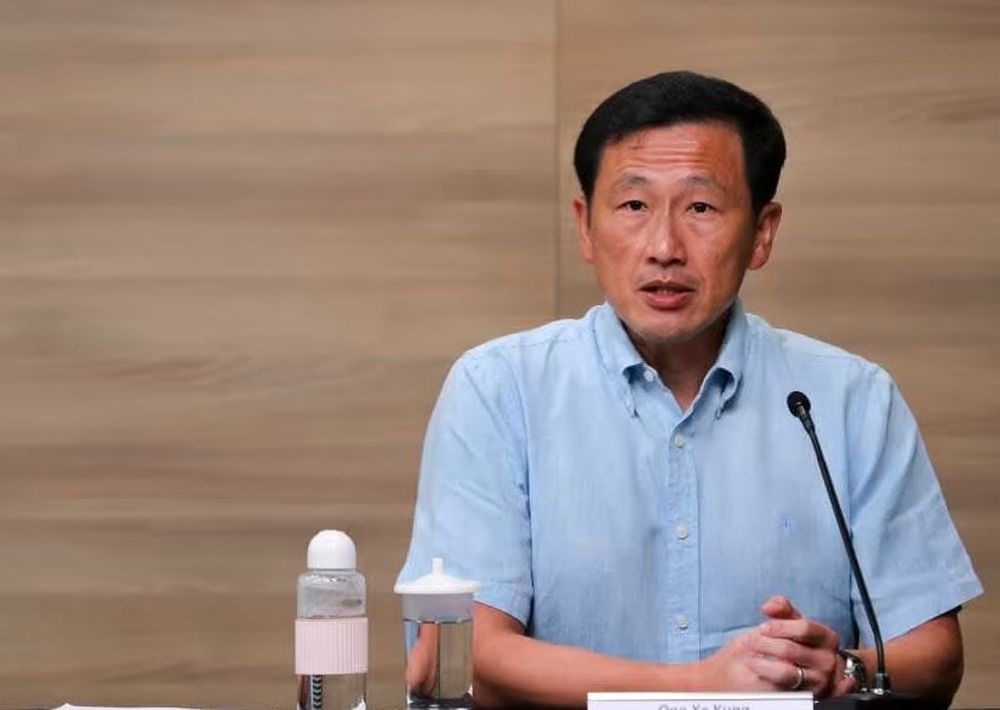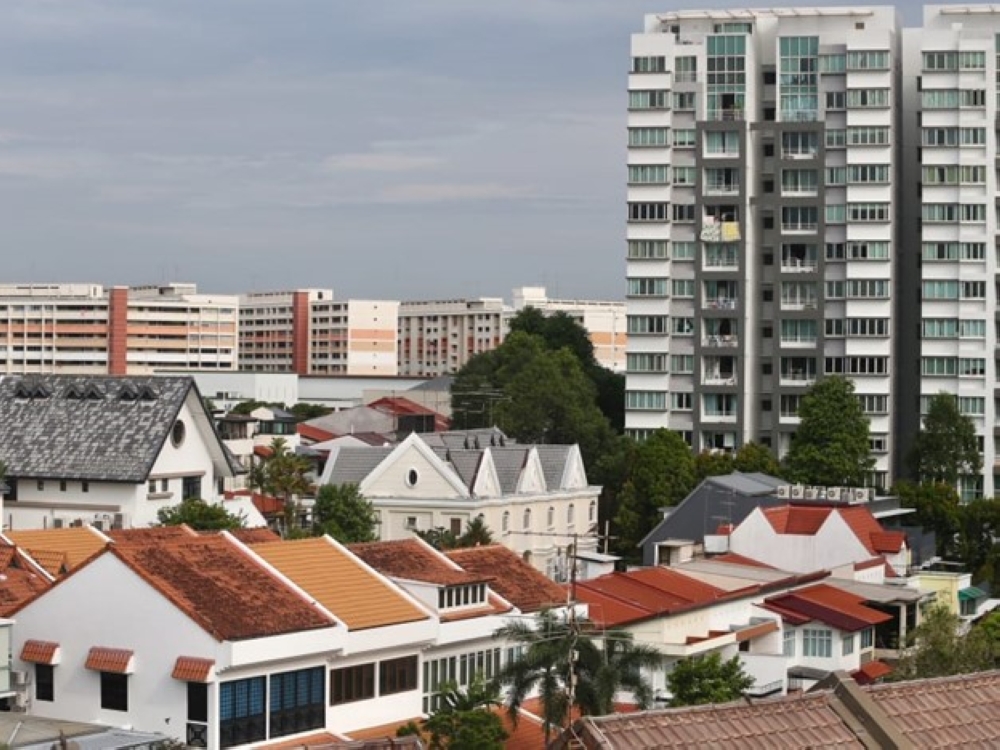SINGAPORE — An older four-room flat in central Tampines that recently changed hands for S$100,000 (RM351,271) has raised eyebrows among netizens, as similar units in the area are sold for five to six times as much.
The 111 sqm unit at Block 860A Tampines Avenue 5 was sold for that amount in January this year, with a remaining lease period of about 62 years.
Housing and Development Board’s (HDB) website shows that six other similar-sized flats with similar remaining leases in neighbouring blocks at Tampines Avenue 5 were sold for S$558,888 to S$645,000 from July last year to March this year.
The S$100,000 sale also stands in contrast to recent resale transactions that surpassed the million-dollar threshold.
Based on official data, the prices of HDB resale flats climbed by 1.7 per cent in the first quarter of 2024, picking up the pace from the 1.1 per cent growth recorded in the previous quarter.
Against this backdrop, netizens have called the sale “crazy cheap” and “definitely below valuation price” for a unit of that size and in that location — with several online also questioning whether the sale was made to a relative.
But property watchers told TODAY it is not unheard of for HDB flats to change hands at bottom-dollar prices.
For example, in January 2018, a three-room flat in Marsiling was sold for S$90,500, said Luqman Hakim, chief data officer at property firm 99.co.
Such sub-S$100,000 HDB resale transactions do occur from time to time, he said.
The new flat owner was not present when TODAY visited the flat last week.
To find out how these sales come about, TODAY spoke to Luqman and other real estate experts on the considerations involved in such transactions.
No price limits for resale flat transactions
Property analysts said such sales are possible as HDB does not regulate the prices of flats in the resale market. This means that a minimum or maximum limit is not placed on a resale flat transaction.
Instead, the price is arrived at through a “willing buyer, willing seller” process of negotiation, said Lee Sze Teck, senior director of data analytics at Huttons Asia.
While such sales do happen, Lee said the S$100,000 sale of the Tampines flat stands out because it is transacted at a price far below that of other flats in the area.
On why these sales only happen occasionally in the resale market, Luqman said there are usually no financial incentives for a seller to transact at such a low price.
Sellers who had previously taken a mortgage that is financed through their Central Provident Fund (CPF) savings would need to fork out cash to pay back the loan, upon the sale of their property.
This is because the CPF Board requires sellers to refund the principal amount of CPF savings they had previously withdrawn to pay for their property, alongside the interest accrued, once the unit is sold.
As such, if the seller’s transaction proceeds do not cover both the principal amount and the interest accrued on the loan, it could mean that the seller would instead need to tap their own cash savings to pay back the loan.
This would thus disincentivise sellers from letting go of their unit at such low prices, as it would be a “loss-making sale” for them, said Luqman.
Still, while such policies might discourage some from conducting a low transaction, it does not stop anyone from listing a property at any price and a buyer from purchasing at said prices, he added.
Several reasons why sellers want to sell at low prices
Experts said the unit could have been sold at a low price to either a relative that is not an immediate family member, or someone outside of the family who is known to the seller.
HDB allows for current flat owners to change the ownership status of their flat due to a change in their family circumstances, such as in the case of divorce, marriage, or the demise of the flat’s owner.
To effect the change, they would need to apply for a change in flat ownership, which does not constitute a sale as there is no monetary consideration, said HDB’s website.
In such instances, however, the proposed owners must be an immediate family member of the current owners. This could include their spouse, parents, children, or siblings.
As such, selling the unit at a significantly lower price could be a way for the property’s owners to transfer its ownership to a relative that was not an immediate family member.
Kelvin Tan, senior associate division director at Propnex Realty, said the low transaction price could have also been a result of a resale of part-share.
These resale transactions involve a change of flat ownership by way of a partial sale or purchase between family members at a mutually agreed price. Monetary consideration is involved for such change in ownership, said HDB on its website.
Such scenarios may involve divorced couples who are joint owners of their matrimonial flat, with one party buying over the share of his or her ex-spouse through a purchase.
Resale part-share is not allowed between a married couple.
Luqman from 99.co added that another reason for the low transaction price could be that the seller was the flat’s first owner, who bought the unit from the Government in the mid-eighties.
“The typical prices for such four-room flats in Tampines was likely in the S$60k to S$80k range (at the time)”, said Luqman.
Such sellers may choose to sell their property at a low price precisely because they had first purchased it cheaply initially, and are able to do so without incurring much financial loss.
This, coupled with the fact that the sale might be to someone close to the seller, could account for why the unit is transacted markedly below the typical market price.
Experts say the low transaction price could also be seen as a token sum, allowing for a transfer of flat ownership without being an outright gift to the recipient or buyer.
Luqman said: “Anecdotally for most people, being able to afford their own home through their own effort is a very big milestone and a proud, dignified moment compared to just being handed one.
“Transferring the (unit) to someone close to the person, such as a son or a daughter, through a formal sale could just be a ‘symbolic transaction’ while not being seen as an outright gift to the receiver.
“In a way, some dignity is preserved from an act of buying one’s own flat, even though it is marked down significantly.”
Asked if incidents like a death occurring in the unit previously, unruly neighbours, or nearby religious activities would affect a flat’s price, Tan from Propnex Realty said it is unlikely — though property agents would disclose this information to buyers if asked.
While buyers may use such information to negotiate for a lower price, Mr Tan said the price is ultimately arrived at based on a mutual agreement between the buyer and seller, and a seller may reject the low asking price if they are not in need of the sale.
Sale was an outlier, unlikely to affect values nearby
Experts said that the prices of other units in the area are unlikely to be affected, as the resale HDB market does not get distorted by a single transaction.
Tan of Propnex Realty said that in general, one-off sales are not likely to move the needle, and it takes several such transactions of the same flat type over a period of time to shift valuations.
While buyers might note the low price of the flat, the circumstances behind the sale also matter and it is unlikely that future buyers and sellers in the area would encounter a similar scenario.
Therefore, a S$100,000 resale transaction would be seen as an outlier and is unlikely to be considered by valuers when they valuate nearby flats, said experts. — TODAY





